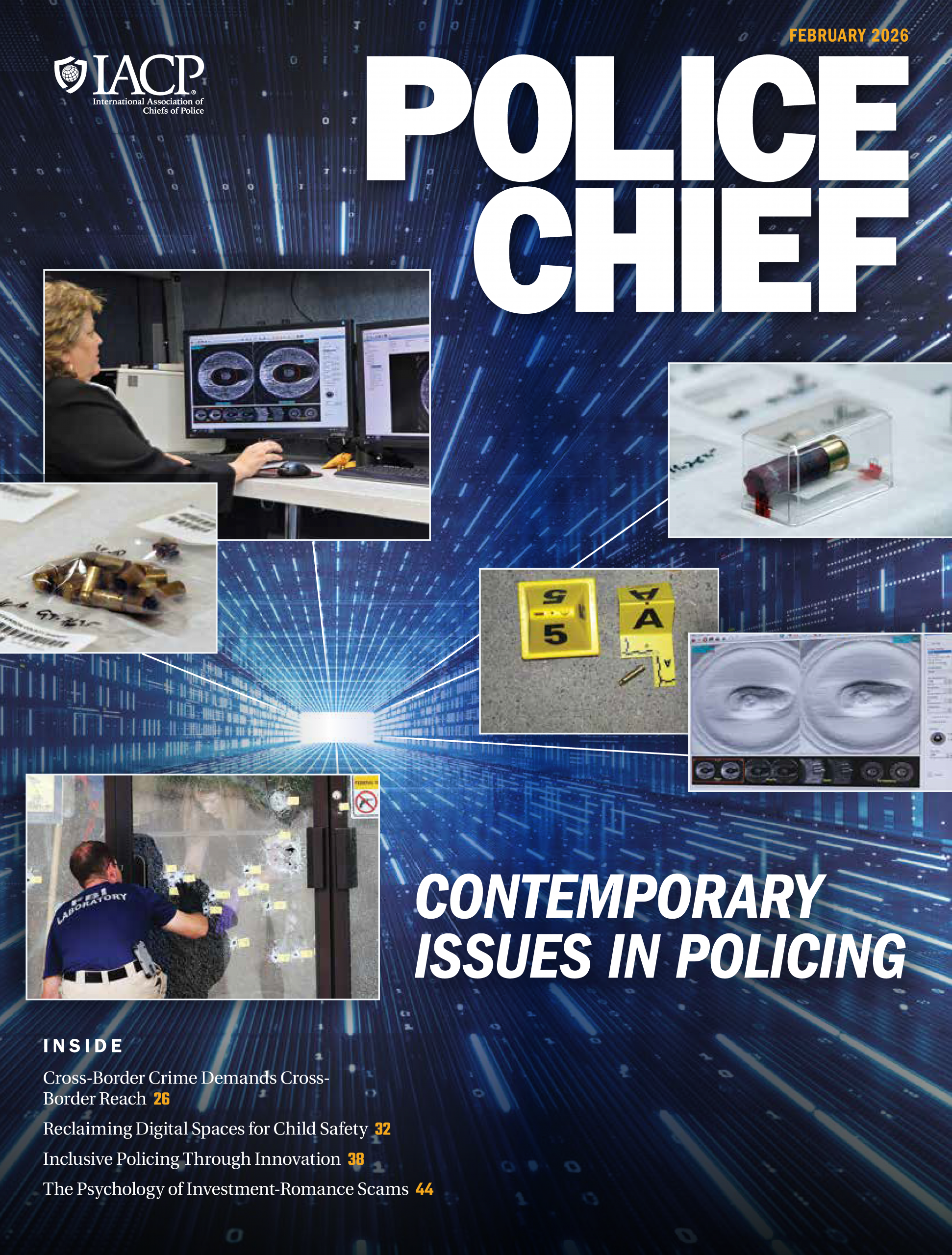According to 2008 figures provided by the U.S. Department of Justice (DOJ), Bureau of Justice Statistics, women comprise just 15.5 percent of all sworn federal law enforcement officers, a decrease from 16.1 percent in 2004.1 What accounts for this underrepresentation is unclear; however, organizations with a very low percentage of minority workers, in this case, women, place countless stressors on those persons. Women have been in federal law enforcement only since 1971, but decades of research have illustrated women’s struggles to integrate into all levels of law enforcement and have shown that peer support and informal networks become essential to this minority group. Due to the decentralized nature of federal law enforcement, nongovernmental organizations such as the Women in Federal Law Enforcement, Inc. (WIFLE) have come to the forefront as advocates for all women in federal law enforcement. Not only are these organizations leading the charge in promoting women-friendly policies throughout federal law enforcement, they also offer the peer support and informal networks critical to the success and retention of women in federal policing. As federal law enforcement agencies increasingly have to compete for quality candidates in order to reflect the diversity of the communities they serve, administrators need to understand the role these nongovernmental organizations play in increasing the number of women in policing.


